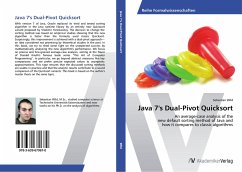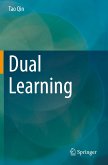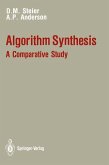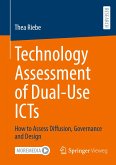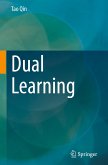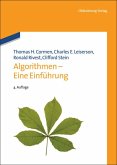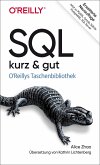With version 7 of Java, Oracle replaced its tried and tested sorting algorithm in the Java runtime library by an entirely new Quicksort variant proposed by Vladimir Yaroslavskiy. The decision to change the sorting method was based on empirical studies showing that the new algorithm is faster than the formerly used classic Quicksort. Surprisingly, this improvement is achieved with a dual-pivot approach an idea considered not promising by theoretical studies in the past. In this book, we try to shed some light on the unexpected success by mathematically analyzing the new algorithm's performance. We focus on precise and fine-grained average-case analysis, aiming at the flavor of Donald Knuth's famous book series The Art of Computer Programming . In particular, we go beyond abstract measures like key comparisons and we prefer precise expected values to asymptotic approximations. This rigor ensures that the discussed sorting methods are usable in practice and that the analytic resultscontribute to a sound comparison of the Quicksort variants. This book is based on the author's master thesis on the same topic.
Bitte wählen Sie Ihr Anliegen aus.
Rechnungen
Retourenschein anfordern
Bestellstatus
Storno

